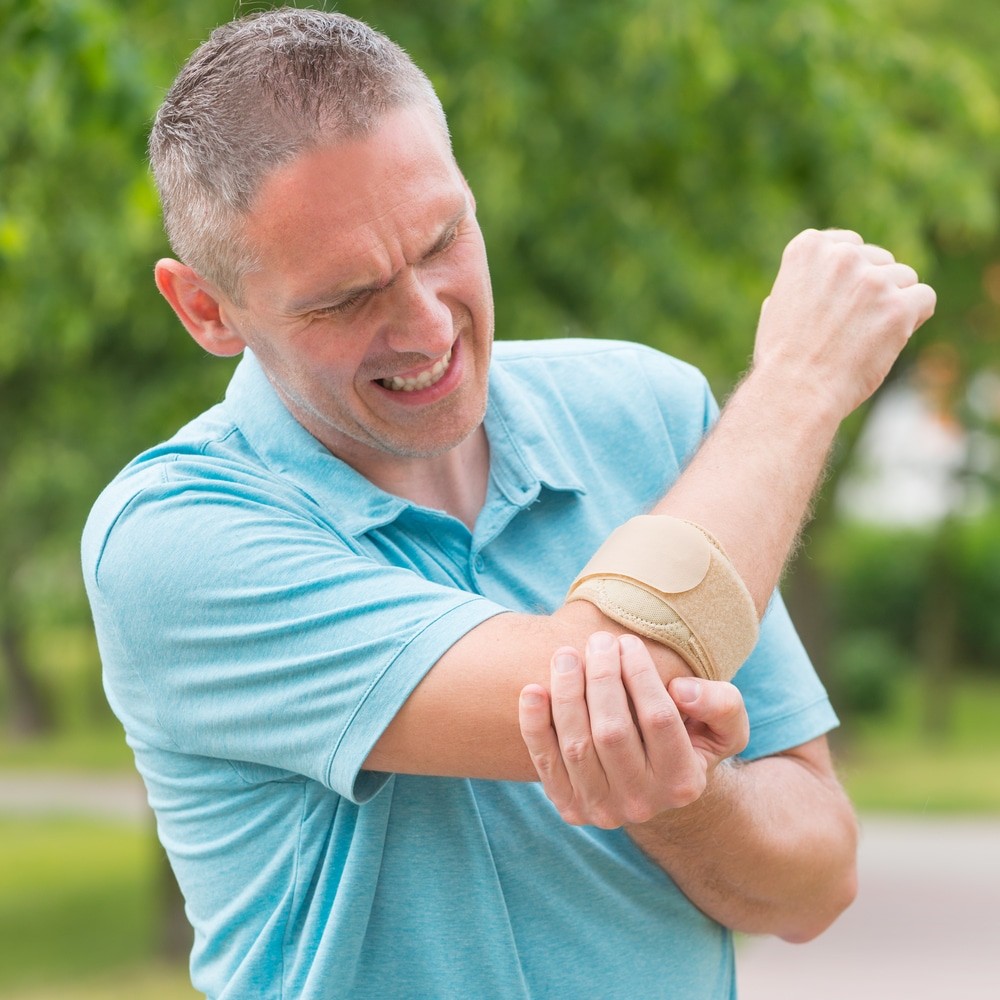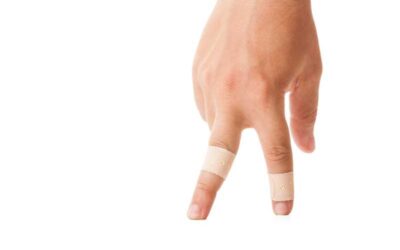A Complete Guide to Tennis Elbow Symptoms and Treatments
Are you having aches on the outside of your elbow? Does your pain get worse when holding objects or shaking hands? These are potential symptoms of tennis elbow, or lateral epicondylitis, a condition that affects 1 to 3% of the population. Despite its name, this injury isn’t always related to playing tennis. In general, it’s due to overuse of the forearm muscles and tendons. Repetitive movements, such as typing, painting, and weightlifting, are often the culprits. Tennis elbow symptoms vary from mild to severe. At first, you may notice pain on the outside of your upper forearm. Over time, the pain may worsen and affect your grip. Luckily, tennis elbow responds well to conservative treatment. Surgery is only required in severe cases. Let’s take a closer look at its symptoms and treatment options so you can take the steps needed to regain your mobility.
What Is Tennis Elbow?
Lateral epicondylitis, also known as Tennis Elbow, is the most common overuse injury affecting the elbow. It’s caused by repetitive movements of the forearm muscles, which put stress on the tendons that connect your elbow to these muscles.
Playing sports or repeating certain arm movements may cause small tears near the bony lump on the outside of the elbow. In the long run, these small tears lead to wear-and-tear of the tendons. As a result, you may experience pain and inflammation.
Athletes and manual laborers are at greater risk of developing tennis elbow. Simple changes, like stretching before exercise or manual work and using power tools rather than hand tools, may help prevent this painful condition.
Early treatment is crucial for a successful recovery. If left unaddressed, this injury may worsen and lead to complete tendon rupture. Therefore, it’s important to recognize its symptoms and reach out to a chiropractor or physical therapist before it’s too late.
Symptoms
The most common symptom of lateral epicondylitis is elbow pain that worsens gradually. The pain is usually felt on the outside of your elbow and may travel down your forearm toward the wrist.
Golfer’s elbow, a similar injury, causes pain on the inside of the elbow.
Lateral epicondylitis may also cause pain when bending your elbow, extending your arm, gripping small objects, writing, or typing. Over time, your elbow may become painful to touch.
You may experience these symptoms in one or both arms. Pain may worsen when you straighten your wrist, raise your hand, open a door, or make a fist. These issues can affect your range of motion and interfere with your day-to-day activities.
Treatment
Generally, chiropractic care or physical therapy is the first line of treatment for acute tennis elbow. Braces, exercise therapy, and manual adjustment can make a world of difference. Corticosteroid injections are typically recommended in more severe cases and may not work for everyone.
Resting the affected muscles and tendons is essential. Applying ice to the outside of your elbow may provide temporary relief. If necessary, you may take nonsteroidal anti-inflammatory drugs to reduce the pain and swelling.
Once the inflammation subsides, you can perform stretching and strengthening exercises, such as wrist turns and towel twists. A physical therapist can help with that. They may also recommend kinesiology tape (KT) to relieve the pain and prevent further injury.
Regain Your Flexibility and Range of Motion
Tennis elbow symptoms can affect your quality of life and keep you from doing the things you enjoy. You may have a difficult time playing sports, painting, writing, or even cooking. But it doesn’t have to be that way.
Our team in Mill Creek, Washington can help you regain your flexibility and ease the pain. Depending on your needs, we may recommend chiropractic care, KT tape, tennis elbow exercises, and more.




